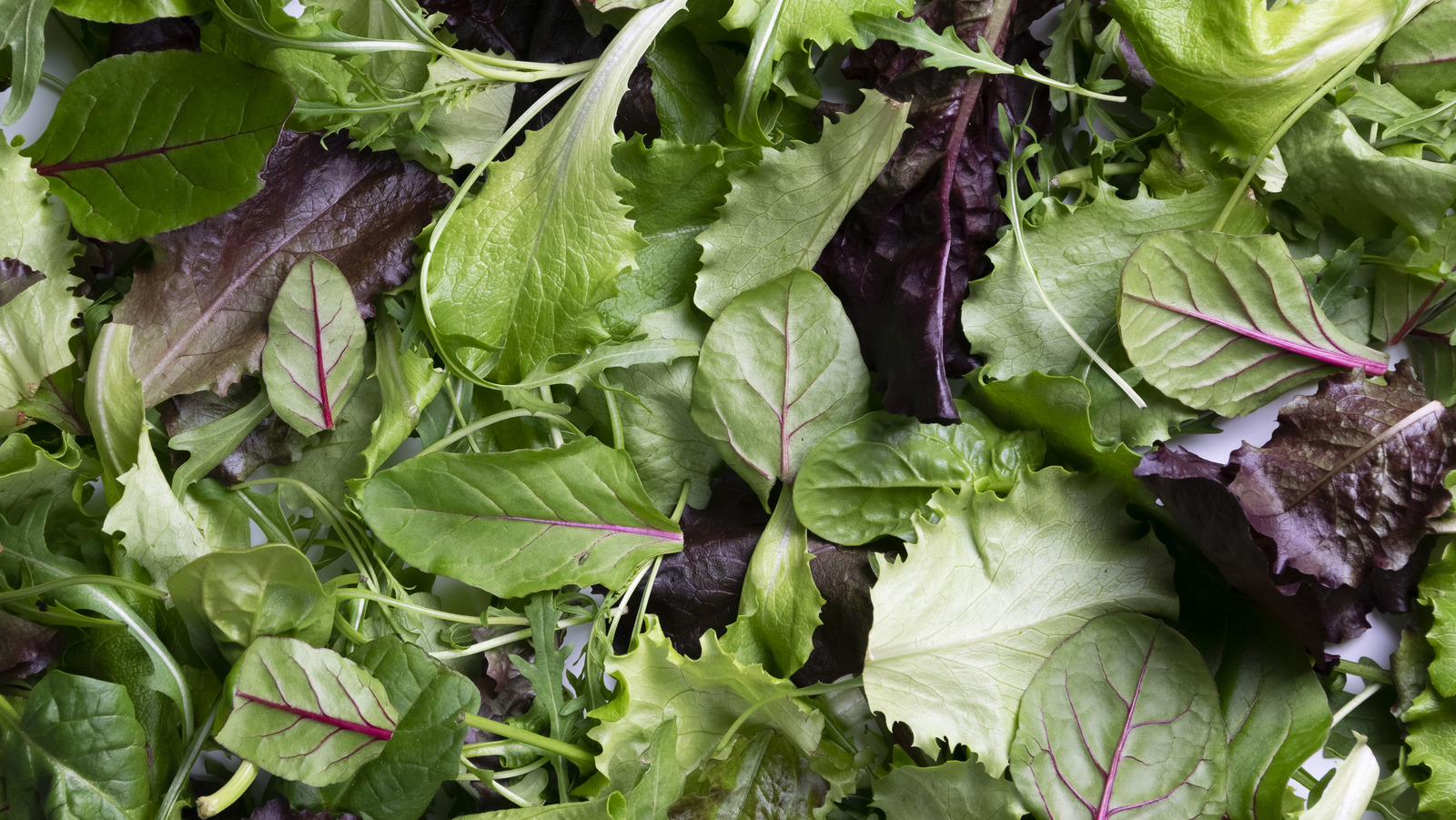Unveiling The Mystery: Listeria In Buldak Noodles
In recent times, the culinary world has been shaken by alarming reports surrounding the presence of listeria in buldak noodles. This spicy, South Korean noodle dish has gained immense popularity across the globe, especially among food enthusiasts who are drawn to its fiery flavor and delightful texture. However, the emergence of listeria contamination has raised significant health concerns, prompting consumers to question the safety of this beloved dish. As buldak noodles continue to captivate taste buds, it becomes increasingly essential to understand the implications of listeria, a harmful bacteria that can lead to serious health issues.
Consumers of buldak noodles deserve to know the facts about listeria contamination, its sources, and the potential dangers associated with consuming contaminated products. Awareness is key to ensuring that food remains safe and enjoyable. In this article, we will delve into the origins of listeria, its connection to buldak noodles, and what steps can be taken to mitigate risks associated with this popular dish.
Join us as we explore the intricate relationship between listeria in buldak noodles and the broader context of food safety, aiming to empower consumers with the knowledge they need to make informed decisions about their meals. Let's uncover the truth about this spicy sensation and its potential health risks.
What is Listeria and How Does It Affect Food?
Before diving into the specifics of listeria in buldak noodles, it is crucial to understand what listeria is and how it can impact our food supply. Listeria monocytogenes is a type of bacteria that can cause listeriosis, a serious infection primarily affecting pregnant women, newborns, the elderly, and individuals with weakened immune systems. The bacteria can be found in various foods, particularly those that are not adequately cooked or pasteurized.
Common sources of listeria contamination include:
- Dairy products, especially unpasteurized milk
- Raw vegetables and fruits
- Processed meats
- Seafood
Understanding the potential sources of listeria is vital for mitigating risks associated with food consumption, especially when it comes to popular dishes like buldak noodles.
How Does Listeria Get into Buldak Noodles?
With the surge in popularity of buldak noodles, the question arises: how can listeria find its way into this delectable dish? Buldak noodles, often served with various toppings and sauces, are made from wheat flour, which is not typically associated with listeria contamination. However, cross-contamination during production, packaging, or preparation processes can introduce harmful bacteria into the final product.
Some potential pathways for listeria contamination in buldak noodles include:
- Using contaminated utensils or surfaces during preparation
- Inadequate cooking temperatures that fail to kill harmful bacteria
- Contaminated ingredients, such as vegetables or meats used in accompanying dishes
What Are the Symptoms of Listeria Infection?
Understanding the symptoms of a listeria infection can help consumers identify potential health risks associated with contaminated food. Symptoms of listeriosis may vary depending on the individual's health status, but common signs include:
- Fever and chills
- Muscle aches
- Nausea and vomiting
- Diarrhea
For pregnant women, listeriosis can lead to severe complications, including miscarriage, stillbirth, and severe illness in newborns. It is essential to seek medical attention if you suspect a listeria infection, especially if you have consumed buldak noodles or other potentially contaminated foods.
How to Ensure Safe Consumption of Buldak Noodles?
To enjoy buldak noodles without the fear of listeria contamination, consumers should take proactive steps to ensure food safety. Here are some essential tips to reduce the risk:
- Always cook noodles and accompanying ingredients thoroughly.
- Use clean utensils and surfaces to prevent cross-contamination.
- Store leftover noodles in airtight containers and refrigerate promptly.
- Check for recalls or safety alerts regarding specific buldak noodle brands.
What Should Consumers Do if They Suspect Contamination?
If consumers suspect that they have consumed buldak noodles contaminated with listeria or show symptoms of listeriosis, it is crucial to take immediate action. Here are some steps to consider:
- Contact a healthcare professional for advice and potential testing.
- Report any suspected foodborne illness to local health authorities.
- Stay informed about recalls and safety alerts related to buldak noodles.
Are All Buldak Noodles at Risk of Listeria Contamination?
While not all buldak noodles are at risk of listeria contamination, it is essential to remain vigilant. Factors such as production practices, ingredient sourcing, and proper handling can significantly impact the likelihood of contamination. Consumers are encouraged to purchase products from reputable brands and adhere to safe food handling practices.
Conclusion: Staying Safe While Enjoying Buldak Noodles
In conclusion, the presence of listeria in buldak noodles is a serious concern that requires consumer awareness and proactive measures to ensure food safety. By understanding the risks associated with listeria, recognizing symptoms of infection, and taking steps to prepare and consume buldak noodles safely, food enthusiasts can continue to enjoy this spicy delicacy without compromising their health. Stay informed, stay safe, and savor every bite of your favorite buldak noodles!
Brittney Furlan: The Rise Of A Social Media Sensation
Exploring The Life And Legacy Of Gretchen Whitmer's First Husband
Unveiling The Life Of Blake Fielder-Civil And His Relationship With Sarah


